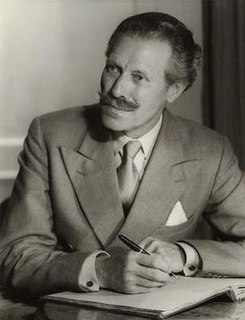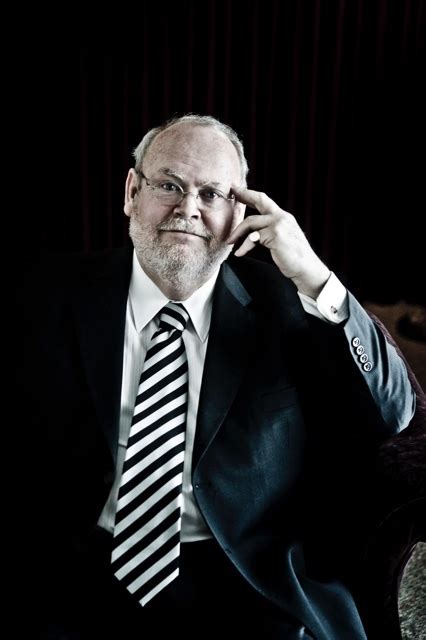A Quote by Paul Di Filippo
There must be a rule of thumb in pop-culture archaeology that states that the allure of any topic is inversely related to its assigned importance in the affairs of humanity. The more trivial the subject, the dearer it is to most of its partisans and the more worthy of scholarship. The smallest things in life often mean the most to people.
Related Quotes
For most problems found in mathematics textbooks, mathematical reasoning is quite useful. But how often do people find textbook problems in real life? At work or in daily life, factors other than strict reasoning are often more important. Sometimes intuition and instinct provide better guides; sometimes computer simulations are more convenient or more reliable; sometimes rules of thumb or back-of-the-envelope estimates are all that is needed.
For men, as a rule, love is but an episode which takes place among the other affairs of the day, and the emphasis laid on it in novels gives it an importance which is untrue to life. There are few men to whom it is the most important thing in the world, and they are not the very interesting ones; even women, with whom the subject is of paramount interest, have a contempt for them.
Archaeology in general is the recovery and study of the material culture of past civilizations. Biblical archaeology is as an application of the science of archaeology to the field of biblical studies. Through the comparison and integration of Scripture with the evidence of history and culture derived from archaeology, new insights into the biblical context of people and events, and sometimes the interpretation of the text itself, are possible. In this way archaeology serves as a necessary tool for biblical exegesis and for apologetic concerns.
As a kid growing up in the 1950s I became acutely aware of the changes taking place in American culture and I must say I didn't much like it. I witnessed the debasement of architecture, and I could see a decline in the quality of things like comic books and toys, things made for kids. Old things seemed to have more life, more substance, more humanity in them.
There are people who are known for some contribution to pop culture, but that doesn't mean that you've survived solely on your relevance to whatever is currently popular. That's what a pop star is, in that sense. You might start out as a pop star, but that's just an opportunity to become more relevant, if you possibly can.






































